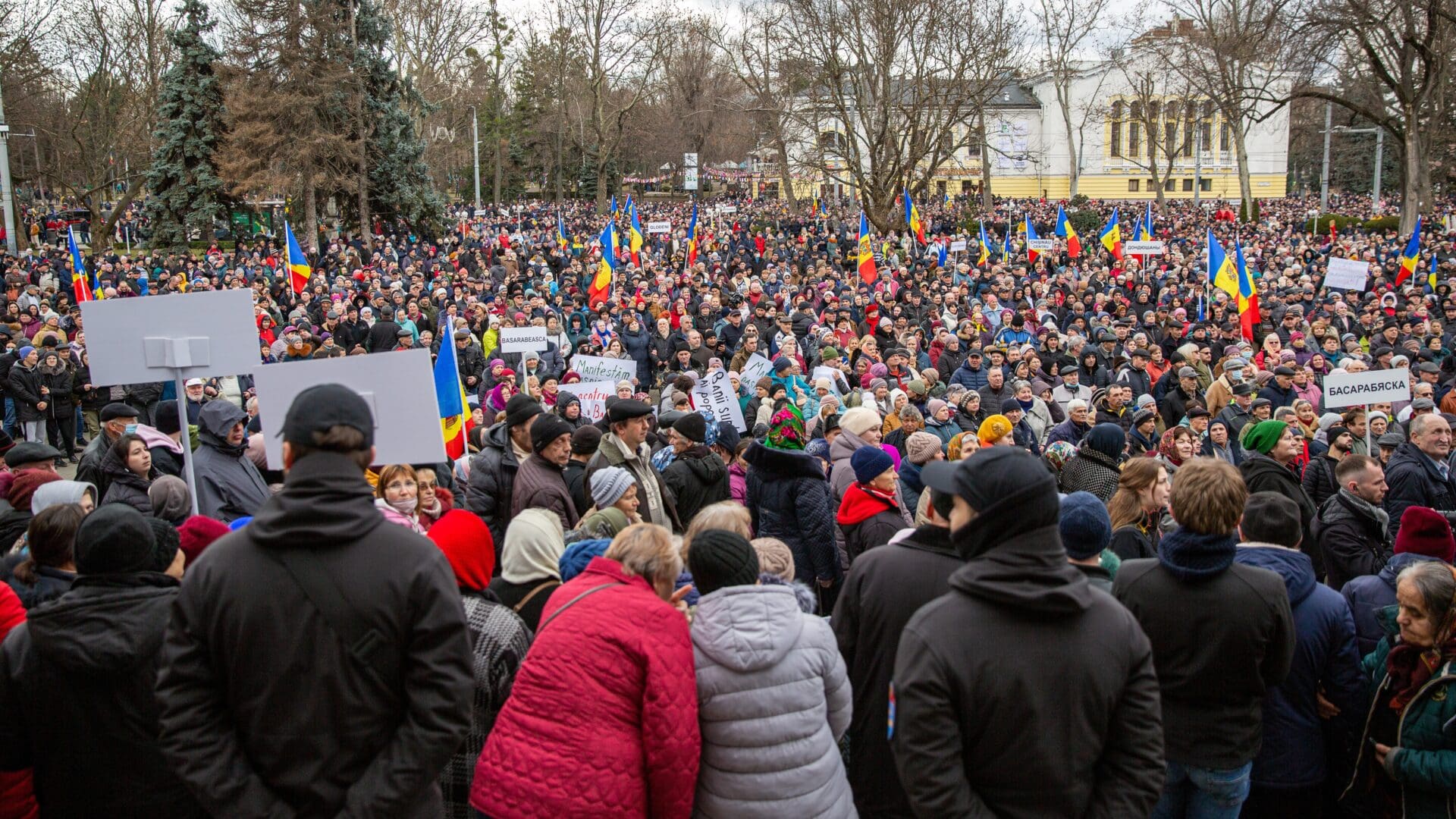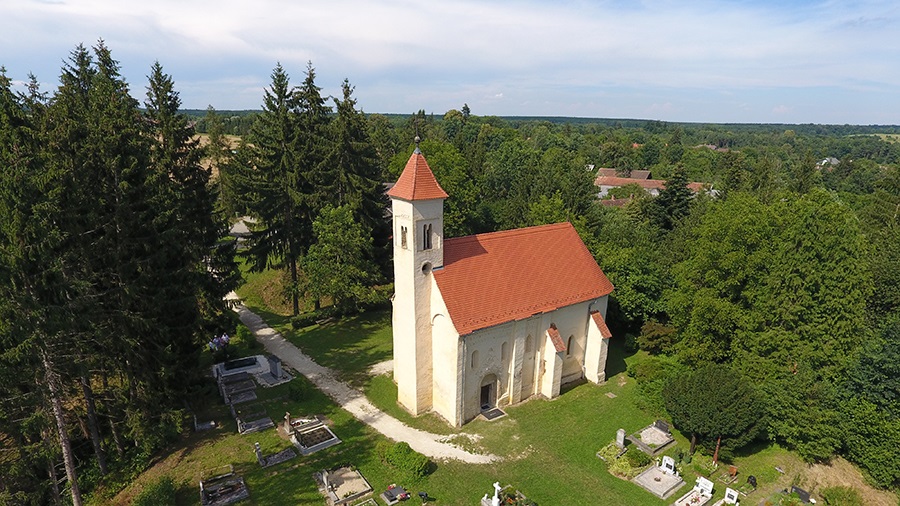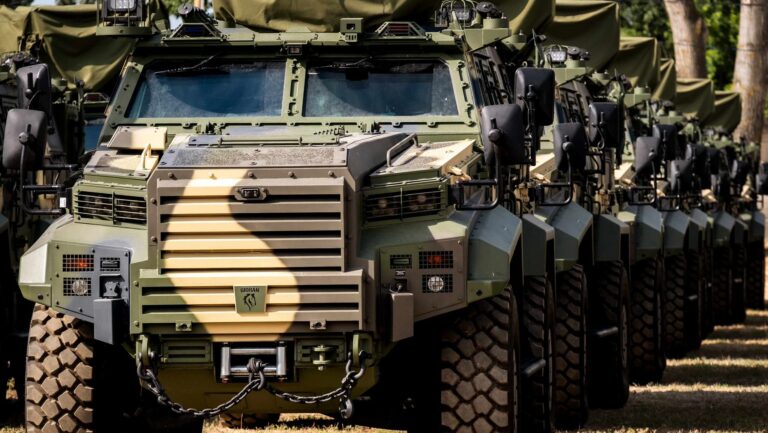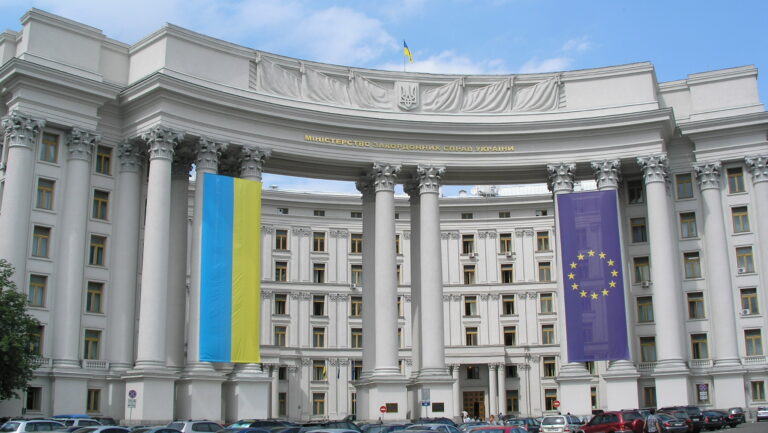On 28 February, supporters of the pro-Kremlin Shor Party held a demonstration in the capital city of Chisinau, Moldova. The protests are allegedly backed by Moscow’s propaganda, claiming that Romania would soon invade Moldova. As it is more and more often communicated by Russian officials, the invasion would also cover the so-called breakaway state Trans-Dniester, a region that is officially a part of Moldova according to the international community (Trans-Dniester is also formally designated by the Republic of Moldova as the Administrative-Territorial Units of the Left Bank of the Dniester).
A report by Intellinews points out that the region is increasingly viewed by Russia as a potential target after Ukraine. This assumption is in line with the information acquired by the Ukrainian Security Service. The latter recently alerted its Moldovan counterpart that Russia was interested in the destabilisation of Moldova.
According to experts, the destabilisation of the region would most likely be attempted ‘from within’, possibly through the exploitation of existing domestic tensions. This may be because only a relatively small number of Russian forces are stationed in Trans-Dniester, and the area is far from the part of Ukraine currently controlled by Russia.
Moldova is located between EU- and NATO-member Romania and Ukraine. Russia maintains more than 1,000 troops in Moldova’s separatist region of Trans-Dniester.
In an escalation of tensions, the Moldovan authorities expelled two people from their country for 10 years who were claiming to be tourists. The authorities charged them with destabilising Moldova through ‘subversive actions’. According to the accusations, the two individuals sought to forcefully change the constitutional order in Moldova.
The public statement by the Intelligence and Security Service (SIS) claims the pair carried out subversive actions that included investigating ‘various locations near government offices and critical infrastructure,’ and that they were controlled ‘from the shadows by a group of individuals affiliated with a conspiratorial network of overseas political technology and social engineering experts.’
The SIS added that the foreign nationals were actively monitoring and documenting social and political processes in Moldova, including the protests that were, as they put it, ‘organised in the capital by certain political forces’.
Last Sunday, thousands of anti-government protesters took to the streets of Chisinau demanding the resignation of the pro-Western government.
The stimulus for the unrest was the current energy crisis: the protesters demanded that the government fully cover the increased household utility bills.
The sympathisers of the Shor Party attempted to block traffic, especially public transport. They were partially successful in their attempt. However, their efforts did not achieve the desired effect: most of the residents of Chisinau were rather annoyed by their actions, and their camp of supporters did not expand significantly. The Shor Party is headed by a businessman named Ilan Shor, who has been trying to organise anti-government movements for months.
The administration led by Maia Sandu considers the demonstrations to be a pro-Russian movement, while the Kremlin has consistently denied its connections to the events for years.








